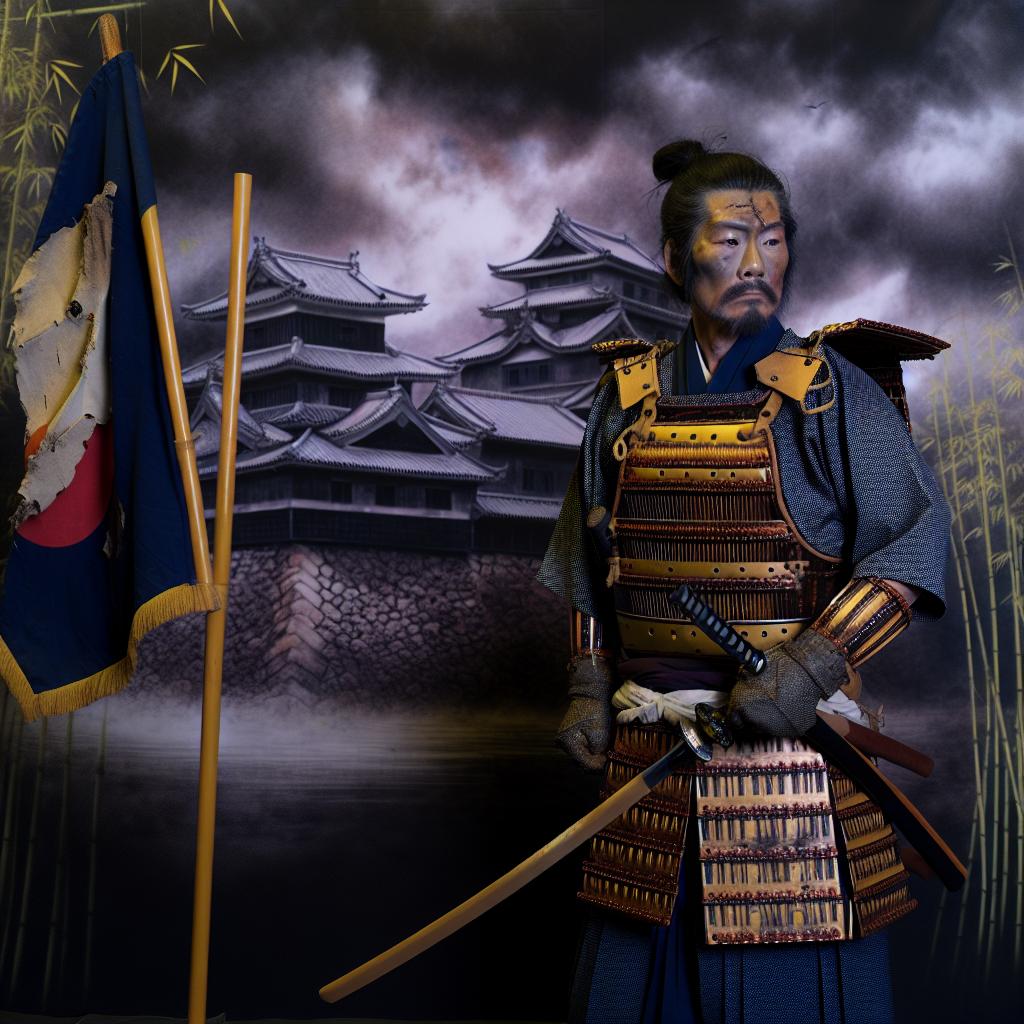Understanding Ronins: The Displaced Samurai
The term ronin epitomizes a samurai who has lost his lord or master, marking a pivotal shift from established feudal service to a form of stateless warrior. Rooted in a tradition where samurais were deeply embedded in a rigid system of loyalty to their daimyo, or feudal lords, becoming a ronin entailed not just a loss of employment but a striking change in social position.
The Samurai Code: Bushido
At the core of samurai life was bushido, a robust ethical framework that underscored loyalty, honor, and martial excellence. This code dictated a samurai’s conduct, forming a deep-seated bond between the warrior and their daimyo. When a samurai, due to uncontrollable circumstances, found himself outside this service, he encountered a new reality riddled with uncertainty and the need to chart a previously unforeseen course.
Feudal Japan: A Changing Landscape
The landscape of Japan during the feudal era was one of constant flux, marked by political instability and power shifts. The country’s political framework was such that domains could see rapid changes owing to wartime outcomes, political maneuvers, or succession crises upon the demise of a daimyo. These shifts naturally led to a rise in the corps of ronins—warriors now free agents in their land.
Political Instability and Its Impact
The Sengoku period, spanning the 15th to the late 16th century, represents an era characterized by relentless military confrontations and political chaos. During this time, the frequent fall of powerful clans resulted in the dispersion of their retainers, converting many samurais into ronins almost instantaneously. Conversely, the unification processes that followed these chaotic periods further restructured the sociopolitical hierarchy, again leaving numerous samurais without roles.
Disbandments and Economic Pressures
It wasn’t only wars driving samurais to become ronins. Economic constraints on the domains led daimyo to reassess resource allocation. Maintaining large contingents of warriors became economically unfeasible, prompting necessary reductions in military forces. These contractions inadvertently fashioned another path into the often unpredictable life of a ronin.
Life as a Ronin: Challenges and Opportunities
Transitioning to life as a ronin brought a unique mix of obstacles and potential for new ventures. Gaining autonomy from feudal duties carried with it an absence of the stability and honor tied to the samurai’s professional life.
Loss of Status and Pursuit of Livelihood
The move from samurai to ronin resulted in a noticeable drop in social stature. Formerly respected warriors often had to resort to precarious job roles such as mercenaries or serving as personal bodyguards. Many took to teaching martial arts or engaging in various crafts as a means of sustaining themselves in a society where their former life’s privileges no longer applied.
Wandering and Seeking New Ventures
Bound neither by lord nor land, ronins often embarked on travels in search of work or the possibility of new patronage. Despite their combat prowess, these wandering warriors were often met with skepticism by both the ruling class and peasants. However, in some quarters, their skills were prized, offering opportunities in protection services or strategical counsel.
Stories of Prominent Ronins
While the ronin pathway was fraught with hardship, some individuals from this group have etched their names in history. Figures such as Miyamoto Musashi, renowned as an unparalleled swordsman and thinker, exemplify success amid status loss. His legacy of combat tactics and philosophical insights continues to influence, demonstrating the potential inherent within the ronin identity.
Cultural Impact of Ronins
The tale of the ronin has a storied place in Japanese cultural ethos, portraying themes of resilience and the unpredictable nature of fortune. Ronin narratives have embedded themselves into the fabric of literature and art, showcasing themes of loyalty, societal upheaval, and the pursuit of redemption.
In contemporary society, the ronin persists as a symbol of deep cultural resonation; their stories inspire narratives outside of their historical context. These stories serve as an invitation to explore Japan’s historical zeitgeist and its ongoing cultural footprint. Those interested in further exploring the world of ronins and their cultural significance may benefit from delving into specialized literature and resources that provide insight into Japan’s feudal past and its enduring influence in present times.

